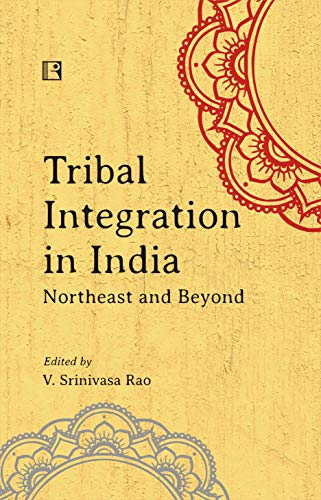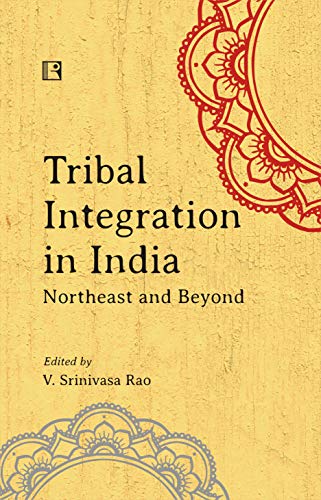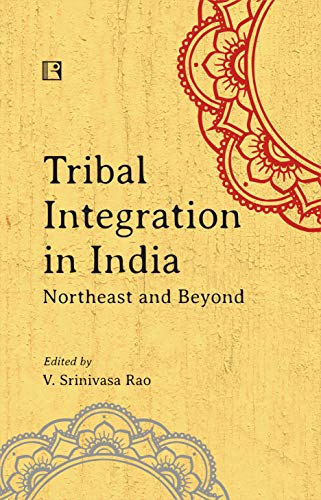Tribal Integration in India: Northeast and Beyond
Tribal Integration in India: Northeast and Beyond is backordered and will ship as soon as it is back in stock.
Couldn't load pickup availability
Genuine Products Guarantee
Genuine Products Guarantee
We guarantee 100% genuine products, and if proven otherwise, we will compensate you with 10 times the product's cost.
Delivery and Shipping
Delivery and Shipping
Products are generally ready for dispatch within 1 day and typically reach you in 3 to 5 days.
Book Details
-
Author: V. Srinivasa Rao (Editor)
-
Publisher: Rawat Publications
-
Language: English
-
Edition: 2021
-
ISBN: 9788131611876
-
Pages: 330
-
Cover: Hardcover
-
Release Date: 01-12-2021
About the Book
Tribal Integration in India: Northeast and Beyond offers a compelling exploration of tribal concerns across the diverse regional landscape of India. With tribes constituting a heterogeneous population—diverse in culture, language, religion, and geography—the book critically questions the notion and feasibility of "integration" in such a multifaceted context.
The work is divided into two insightful parts:
-
Part I focuses on the Northeast region, emphasizing the need for state attention, especially in the context of globalization, forest policies, customary laws, ethnic identity, and multiculturalism.
-
Part II extends the discussion to tribal issues in the rest of India, asserting the need for societal engagement. Here, topics such as livelihood transitions, gender and property rights, forest-based economies, poverty, displacement, and cultural performances take center stage.
This volume critically contends that tribal integration should not be driven solely by political motives but should be rooted in a sincere effort to address the social, cultural, economic, ecological, administrative, and political issues that tribal communities face. The text includes contributions from over 17 scholars across disciplines, providing both regional specificity and thematic depth.
From Dr. B.R. Ambedkar’s perspectives on tribal justice to case studies from Odisha, West Bengal, Chhattisgarh, Kerala, Andhra Pradesh, and beyond, the book paints a holistic picture of tribal life in India today. It challenges state-centric narratives and instead calls for responsive governance and community support tailored to regional dynamics.
A valuable resource for researchers, policymakers, development practitioners, and students, this book brings together theory, fieldwork, and policy critique to advocate for a more equitable and inclusive approach to tribal development.





